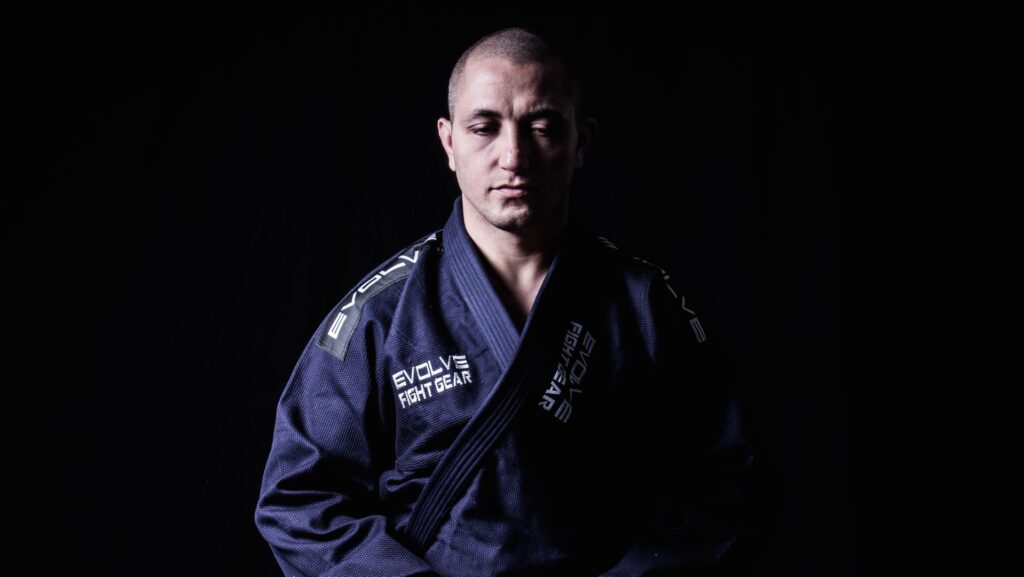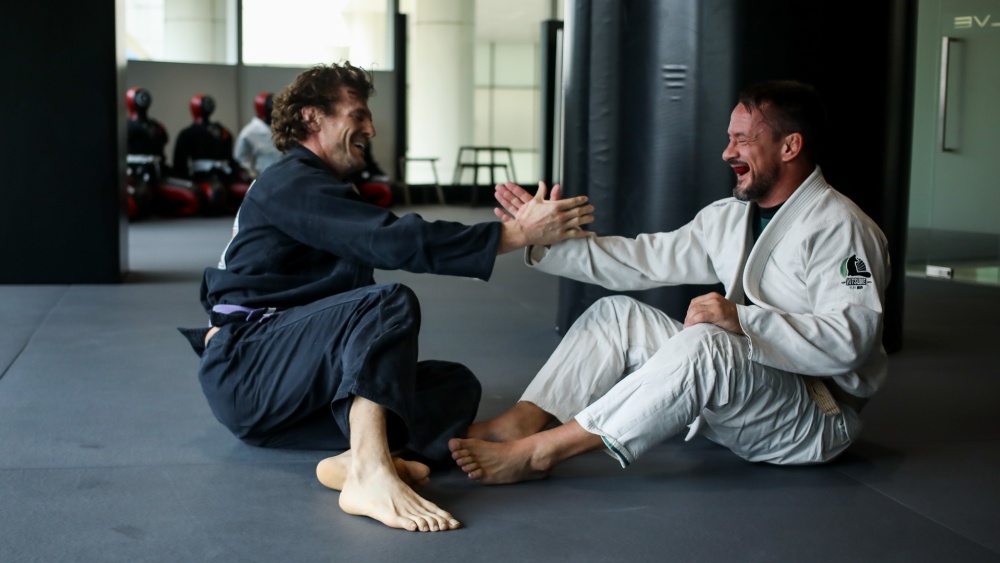Dealing with anger in healthy ways takes a multi-pronged approach. This is especially important for people who deal with chronic anger issues. A hybrid approach to anger management involves longer-term measures that deal with the root cause of the problem. Managing anger also includes activities that provide quick relief from stress and anger.
A quick, often fun way to blow off steam is with destructive therapy. The idea is to vent your anger and frustration by breaking stuff you wouldn’t otherwise break. Vases, chinaware, and home electronics are popular with people who enjoy destructive therapy.
So far, destructive therapy sounds fun and somewhat effective. Keep going to see if destructive therapy is an excellent way to manage anger, at least in the short term.
How Destructive Therapy Works
The body keeps score, so it’s wise to address negative emotions instead of holding them inside where they can fester. An activity that allows you to vent can provide quick relief and give insights into how angry you are. Watch your response and use this form of self-assessment to see if you need to address deep-seated issues. A few minutes of destructive therapy can lower your blood pressure when combined with holistic stress-management techniques.
A common form of destructive therapy is spaces where you can break things you’ve been socialized not to break. The space can take the form of a mock living room with nice furnishings or a warehouse full of breakable things. Junkyards are also good locations to break things.
Your typical session involves wearing protective gear, choosing a tool, and smashing objects. A few minutes of exercise is enough to lower your stress levels at the moment. Destructive therapy can also be a fun bonding activity in a group setting.
Benefits Of Destructive Therapy
Destructive therapy has its uses as a tool for anger management, but it has its limitations. Before we get to those, we list the different ways that destructive therapy can help.
1) You Get To Vent Pent-up Emotion

Most people spend their time in settings that require restraint, even in the face of stressful events. This means it’s common for people to repress their emotions for extended periods. Such people would benefit from occasional sessions with a hammer and a selection of things to break.
2) Destructive Therapy Can Help To Clear Your Head

Simmering anger can clutter your head and interfere with your ability to think things through. Letting the anger out with destructive therapy may create the headspace you need to solve problems. The release could help you accept the things you can’t change. Better still, you may come up with helpful solutions for situations that cause you to flare up.
3) A Short Session In An Anger Room Can Be Fun

You can bond with friends as you tear through a space that mimics an office or lounge. The excitement comes down to having the freedom to break things in a setting that would typically require you to be on your best behavior.
4) Destructive Therapy Is An Excellent Way To Evaluate Yourself
It’s normal to be angry after a confrontation and other stressful events. What isn’t normal is chronic anger that affects your physical and mental wellbeing. Destructive therapy can be a way to self-check and figure out if you need to take a different, more holistic approach. This means that you should monitor yourself during and after destructive therapy.
Check if breaking things makes you less angry or if the exercise only makes you feel worse. Find an alternative if destructive therapy amplifies your anger.
5) It’s A Starting Point Towards Effective Solutions With Lasting Benefits

Even in a controlled environment, destroying things to deal with anger can worsen a problem. If destructive therapy makes you angrier, then you know it’s time to pursue measures like:
- Relaxation techniques like meditation and yoga.
- Martial arts training.
- High-intensity exercise.
- Cognitive behavioral therapy to help create healthier thought patterns.
Solutions like therapy provide practical tools that help with assertiveness and conflict resolution. Therapy also helps to rewire how your brain responds to stressful, anger-inducing situations.
Destructive Therapy Is Not For Everyone
People who have ongoing problems with violent outbursts and impulse control should find alternatives to destructive therapy. Taking a sledgehammer to inanimate objects could lower the inhibitions of someone with anger issues and a tendency towards violence. The person’s mind may normalize violent reactions to anger, even in real-world situations.
For this reason, you should check in with yourself and see if you have long-term anger issues. If you have a history of getting into fights or physically lashing out, avoid anger rooms. If you have a therapist, ask them if destructive therapy would be beneficial.
Alternatives To Destructive Therapy

Managing and resolving chronic anger takes more than a few sessions where you break things. In fact, it takes time and effort to deal with deep-seated emotional issues. The good news is that holistic approaches to anger management are effective, and they are good for you. Here’s how:
Relaxation Techniques Soothe The Mind
Activities that you find relaxing can do wonders for your blood pressure. You could choose a popular activity like meditation or any other activity that takes you to your happy place. Try simple things like:
- Fishing or hiking trips.
- Weekend getaways in the woods.
- Pursuing martial arts for fitness and stress relief.
- Short staycations at a nice hotel.
- Intense exercise that creates an endorphin rush.
Small acts of kindness that you actively do for yourself lift your mood, both in the short and long term. Incorporate relaxation into your routine and see a gradual drop in your anger levels.
Getting Help From A Professional

Think of destructive therapy as the outer layer of a three-layer onion. It is a short-term measure that offers relief that would be fleeting in cases of deep-seated anger. Relaxation techniques are the next layer, providing gradual and long-term improvement in mental health.
At the core of the metaphorical onion are psychotherapy and other interventions from mental health professionals. Take cognitive behavioral therapy, which addresses a patient’s anger at its root. Therapy trains the patient to change their thought patterns, which changes their reaction to stressors. Mental health professionals will also provide tools that help with assertiveness, conflict resolution, and overall anger management.
Martial Arts And Destructive Therapy
If you’re looking for a fun way to blow off a little steam, a few minutes of destructive therapy may do the trick. Give martial arts a try, apart from providing destructive therapy, you’ll also be able to reap the many physical and mental benefits once you start training. So, are you ready to start your martial arts journey and reap these benefits?
Book your complimentary trial class with our World Champions below!
If you have any other questions regarding Evolve MMA and the programs we offer, you can get in touch with our membership executives at the following locations:
Evolve MMA (Far East Square)
26 China Street
Far East Square #01-01
Singapore 049568
Phone: (65) 6536 4525
Evolve MMA (Orchard Central)
181 Orchard Road
#06-01 Orchard Central
Singapore 238896
Phone: (65) 6536 4556
Evolve MMA (KINEX)
11 Tanjong Katong Road
#02-52 KINEX
Singapore 437157
Phone: (65) 6288 2293
Evolve MMA (Clarke Quay Central)
6 Eu Tong Sen Street
#04-18 Clarke Quay Central
Singapore 059817
Phone: (65) 6226 2150
Evolve MMA (Star Vista)
1 Vista Exchange Green
#02-26A The Star Vista
Singapore 138617
Phone: (65) 6539 9590
















